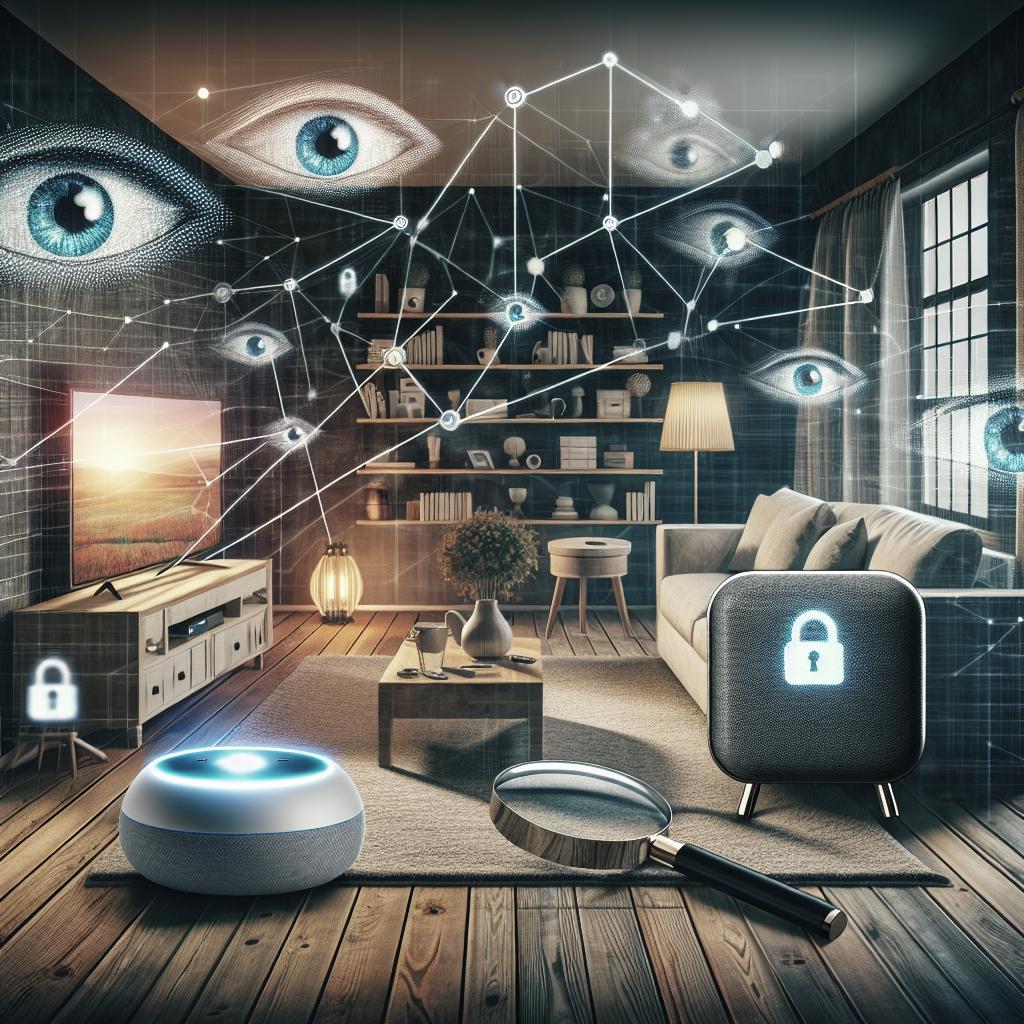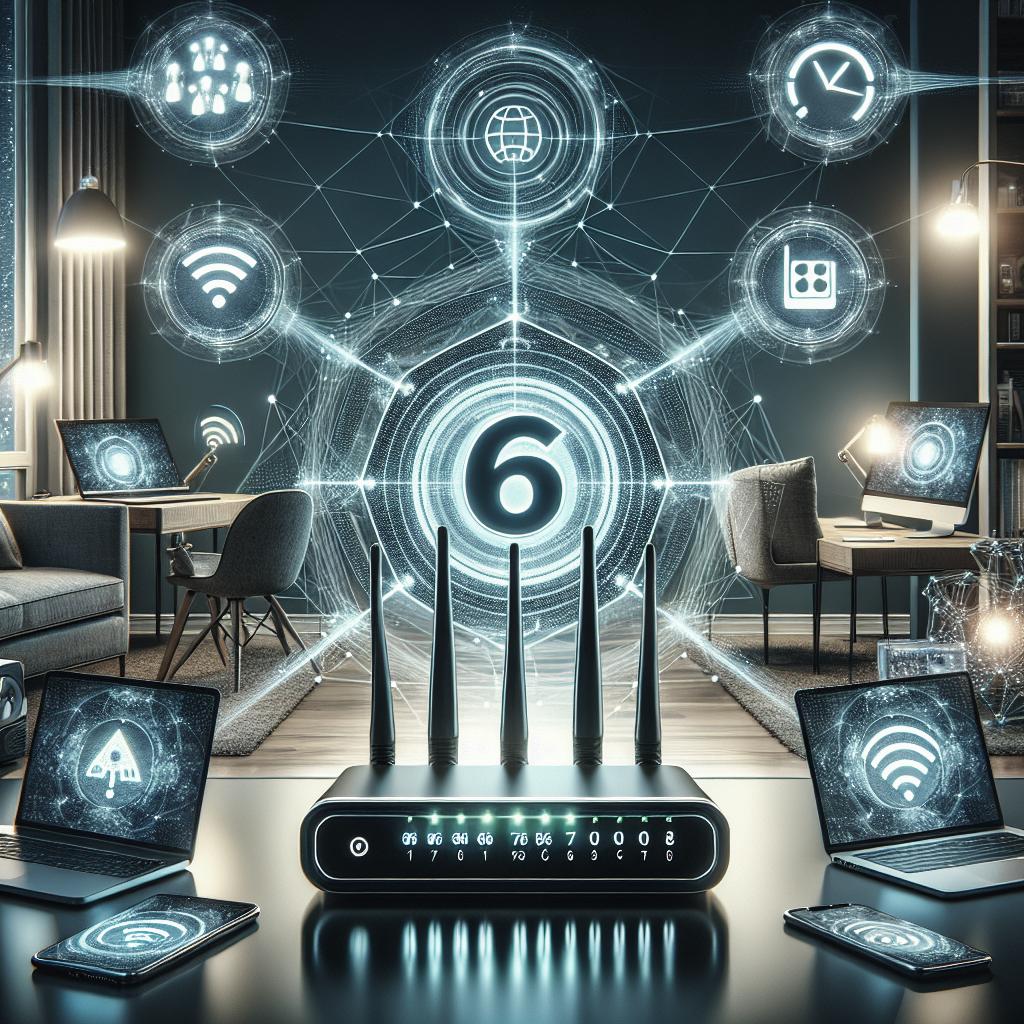Privacy Concerns with Smart Home Devices
As smart home devices become increasingly integrated into our daily lives, the convenience they offer is tempered by burgeoning privacy concerns. These devices, ranging from smart speakers to intelligent thermostats, collect vast amounts of personal data. While they promise to streamline our daily routines and enhance comfort, there are valid concerns about what happens to the data they amass, who has access to it, and how it can potentially be misused. This article delves into the specific privacy risks associated with smart home devices, explores the implications of data collection and sharing, and offers insights on how users can mitigate these concerns. Through examining these issues, we aim to provide a comprehensive overview of the privacy landscape surrounding smart technology, empowering consumers with the knowledge to protect their personal information.
More to Read
Smart home devices, despite their innovative appeal, have become gateways for vast data collection activities. Companies gather data to enhance user experience, but there’s a thin line between service optimization and intrusion. Devices that listen more than they speak can inadvertently capture sensitive conversations, leading to unauthorized data storage or breaches.
It’s crucial to understand how these devices interact within the larger ecosystem of the Internet of Things (IoT). Compatibility with various apps and platforms can expose users to vulnerabilities, including unencrypted data streams and potential hacking incidents. By reading more on this topic, consumers can stay informed about best practices and evolving security measures.
More in Smart Homes for Smart People
A fundamental aspect of smart homes is the integration of various devices to create a seamless user experience. However, this very integration can lead to vast exposure to privacy breaches if not managed correctly. Each interconnected device increases the surface area for potential attacks, making the home network a target for cyber threats.
To be truly smart, devices must come with enhanced security settings that users can easily configure. Awareness about privacy settings, regular firmware updates, and robust password protocols are key strategies in mitigating privacy risks. Smart consumers are those who leverage these features to safeguard their personal data actively.
Most Popular
Among the most popular smart devices—such as speakers, cameras, and home hubs—privacy threats are particularly pronounced. Voice-activated assistants, while convenient, store recorded queries on company servers, often for indefinite periods. This raises questions about consent and the permanence of digital footprints.
Security cameras, meant to monitor and protect, could become instruments of privacy invasion if accessed without permission. There’s a growing need for legislation and corporate accountability to ensure that user data is both secure and used ethically. Popularity should not come at the cost of privacy, and users must demand transparency from manufacturers.
Installer
The installation process of smart home devices is often the first step where privacy can either be protected or exposed. Some installers may lack the credentials or expertise to secure these devices adequately, leaving them vulnerable to hacking and unauthorized access.
It’s imperative for consumers to choose reputable installers who adhere to stringent security protocols. Additionally, verifying device authenticity and ensuring that installations are performed as per manufacturer guidelines can help in maintaining a secure smart home environment.
This is the Title for the Native Ad.
Discover state-of-the-art smart home solutions that prioritize your privacy. Our top-rated devices come equipped with enhanced security features and encryption capabilities to keep your data safe. Explore the latest offerings and find the perfect smart home companion for a secure lifestyle.
Lessons Learned
| Topic | Main Points |
|---|---|
| Data Collection and Privacy | Smart devices collect extensive data; privacy hinges on careful management and understanding of data handling practices. |
| Integration and Vulnerabilities | Interconnected devices may increase risk exposure; users must apply security measures and stay informed. |
| Popular Devices and Accountability | High-demand devices can pose threats; transparency and ethical use of data are critical for consumer protection. |
| Installation and Security | Secure installation is paramount; choosing credible installers and following guidelines prevents breaches. |


